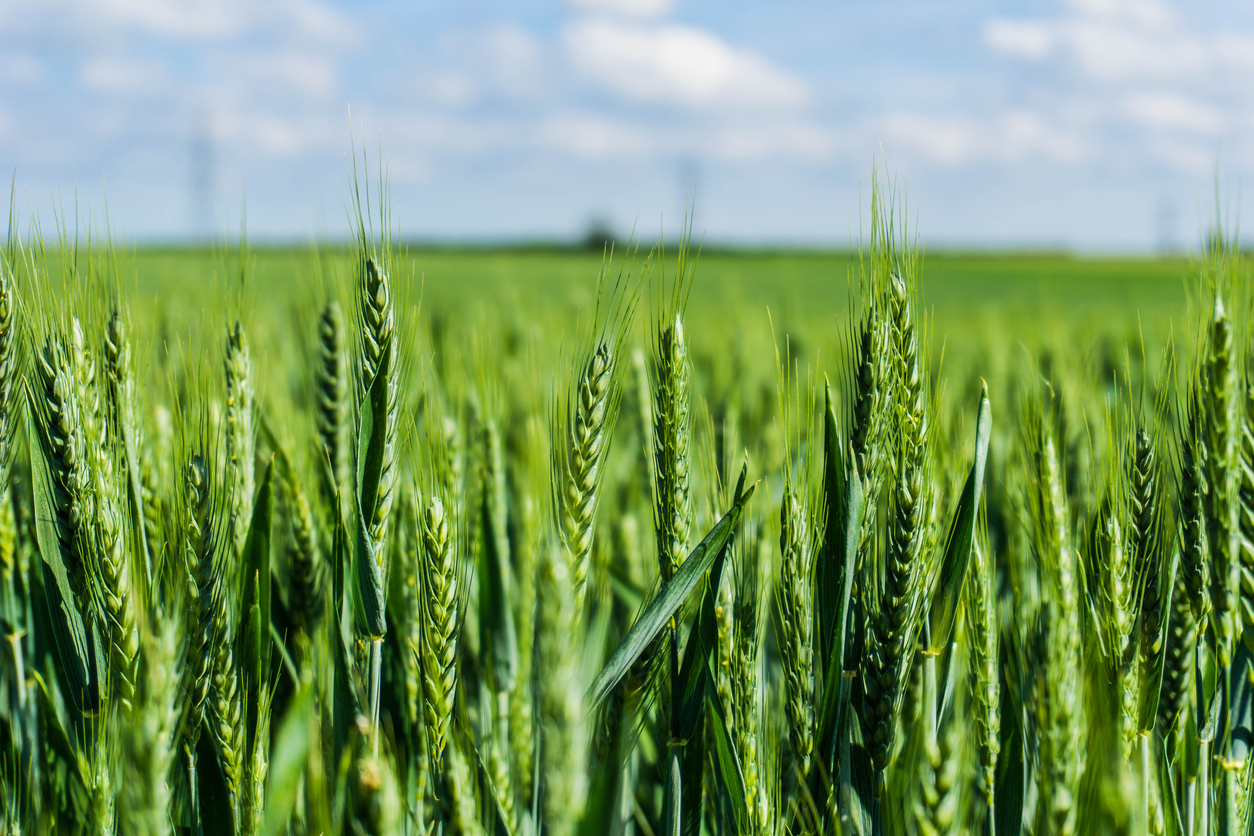
Discovery of Wheat Pan-Transcriptome to Secure Global Food Supply
October 8, 2025| |
A landmark international study, co-led by the Earlham Institute and Helmholtz Munich, has generated the first comprehensive map of gene activity across multiple wheat varieties, a resource known as the wheat pan-transcriptome. This newly discovered genetic diversity offers vital opportunities to "climate-proof" wheat, one of the world's most important staple crops.
The study tackled the highly complex nature of the wheat genome by examining RNA—the molecules that carry out instructions from DNA—to see which genes are active and when. The team revealed layers of diversity across modern wheat variations, which is likely responsible for the crop's success in a wide range of global environments. By mapping this gene activity, scientists discovered how groups of genes work together in regulatory networks to control gene expression, revealing differences between varieties that were previously unknown. This functional diversity, hidden beneath the surface, could be critical in boosting the resilience of wheat to environmental stressors.
This resource will help plant breeders quickly develop new wheat varieties that are better equipped to cope with escalating challenges, such as rising temperatures, water shortages, and poor soil quality. The discovery can also help increase yield without relying on increased use of fertilizers, which are linked to pollution and biodiversity loss. The collaboration, which involved scientists from nearly a dozen countries, created an open-access expression atlas that will serve as a vital tool for the global wheat research community, directly addressing global food insecurity through the power of genomics and international partnership.
For more details, read the news article in the Earlham Institute Newsroom.
| |
You might also like:
- Scientists Release Fully Annotated Wheat Reference Genome
- International Research Team Unravels Wheat's Genetic Past to Transform its Future
- International Research Team Sequences Bread Wheat Genome; Finds Gene for Stripe Rust Resistance
Biotech Updates is a weekly newsletter of ISAAA, a not-for-profit organization. It is distributed for free to over 22,000 subscribers worldwide to inform them about the key developments in biosciences, especially in biotechnology. Your support will help us in our mission to feed the world with knowledge. You can help by donating as little as $10.
-
See more articles:
-
Plant
- Researchers Identify Soybean Gene that Could Help Crops Thrive in Acidic and Low-Phosphorus Soils
- Discovery of Wheat Pan-Transcriptome to Secure Global Food Supply
- Complete Genome Assembly Unlocks Potential of Northern Wild Rice
- Cornell Students Develop Color-changing Tomato
- Study Explores How GM Labeling Affects Purchasing Intentions
- Rothamsted Research Scientists Identify Key Wheat Genes that Control Plant Height and Grain Size
-
Animal
- MIT Genetically Engineers Mice to Stop Lyme Disease Transmission
-
Food
- FAO Calls for Building Safe, Sustainable, and Equitable Animal Feed Systems
-
Read the latest: - Biotech Updates (February 18, 2026)
- Gene Editing Supplement (January 28, 2026)
- Gene Drive Supplement (February 22, 2023)
-
Subscribe to BU: - Share
- Tweet

